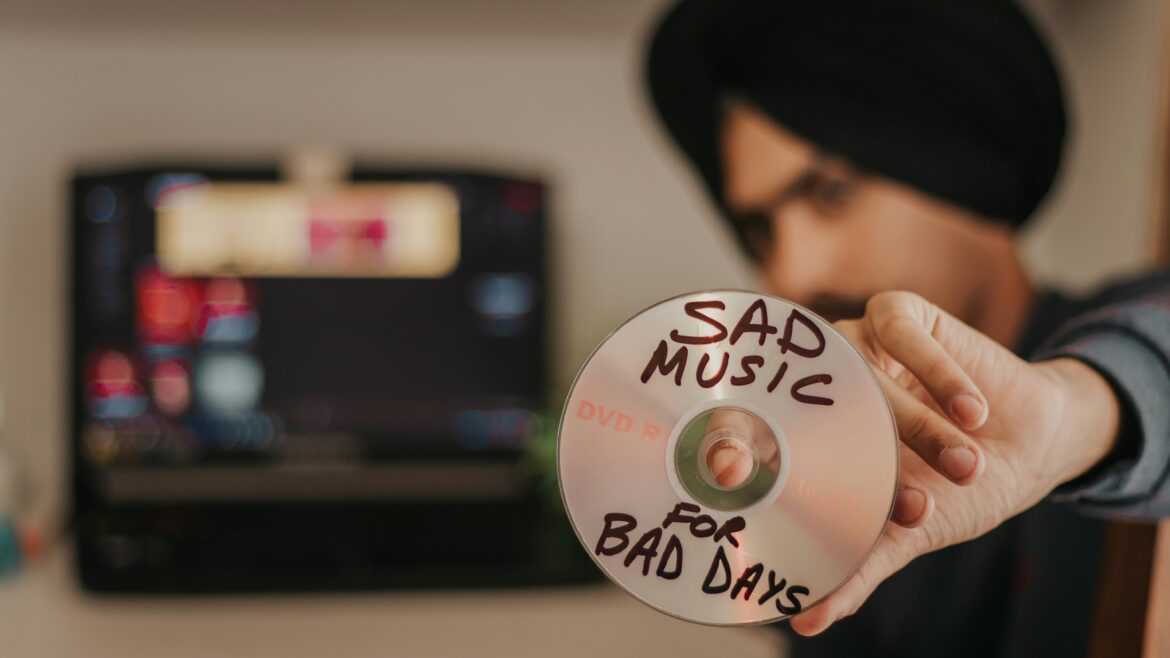According to a scientific brief released by the World Health Organization (WHO), global prevalence of anxiety and depression increased by a massive 25% in the first year of the COVID-19 pandemic. While this news is depressing, what is alarming is a new research which states that the elevated rate of depression has persisted well into 2022, and even worsened, climbing to 32.8 percent! To further substantiate this data, Deloitte recently reported a survey of its 3,995 employees wherein 59% reported symptoms of depression, including feelings of sadness, lack of interest, fatigue, concentration issues, and poor decision-making.
Typically, we – as mental health professionals – would expect depression cases to rise following a traumatic event and then lower over a period of time. However, what we are witnessing these days is quite concerning. There is a steady stream of inpatients walking into our clinics where the majority of them report symptoms of Major Depressive Disorder (MDD). While one may be tempted to conclude ‘social isolation” as the main cause behind the rise in depression cases, an earlier survey done in India could come as a surprise. According to a 2015 NHMS survey, one in every 20 Indians, or 5.3% of the population, was found to have suffered from depressive disorders at some point in their lives.
The Depression Trigger
One major explanation behind this increase is the unprecedented stress caused by people’s inability to balance their professional and personal lives. There was once a time when common citizens could dream of a simple but bright future and work towards attaining their goal. They lived a simple but happy life, had a stable 9-5 job, an uninterrupted 6-9 time with family, and a weekend relatively free of work tensions to pursue their hobbies. Lo and behold, they slowly built a corpus that helped them build a house of their own, see their children getting married, retire at their own pace, and thus realize their simple dream.
Fast forward to the 21st Century: Fast-food culture is warmly welcomed and thriving very well. There is no more a corpus that is getting accumulated – most people want to spend their hard-earned earnings then and there. Thanks to bank loans and credit card EMI’s. Even if one wants to build the corpus, he/she happens to lose their job without any warning. Thanks to capitalism. And even if they are somehow able to hang on to their jobs, they aren’t afforded the luxury of time to pursue their simple dream.
Is there no hope?
Ask any person who is contemplating suicide. Why does he/she want to quit? Is it because of a lack of money, a lack of friends, or a lack of a job? They would most probably answer “No.” The real reason however is Disappointment. Disappointed that they couldn’t live a life they wished or thought was ideal; disappointed with friends and family who they believed would be a source of support to them; disappointed in a high-paying job that just couldn’t afford basic dignity to them; disappointed in a world filled with social inequities.
Nevertheless, there is good news. Depression is treatable – usually with talk therapy, medication, or both. Seeking medical help as soon as the symptoms develop is essential. While society as a whole including the government can aid in addressing stressors, such as job loss, challenges accessing childcare, and difficulties paying rent, individuals can also indulge in preventive actions like minimizing ideological differences and remaining upbeat all the time.


